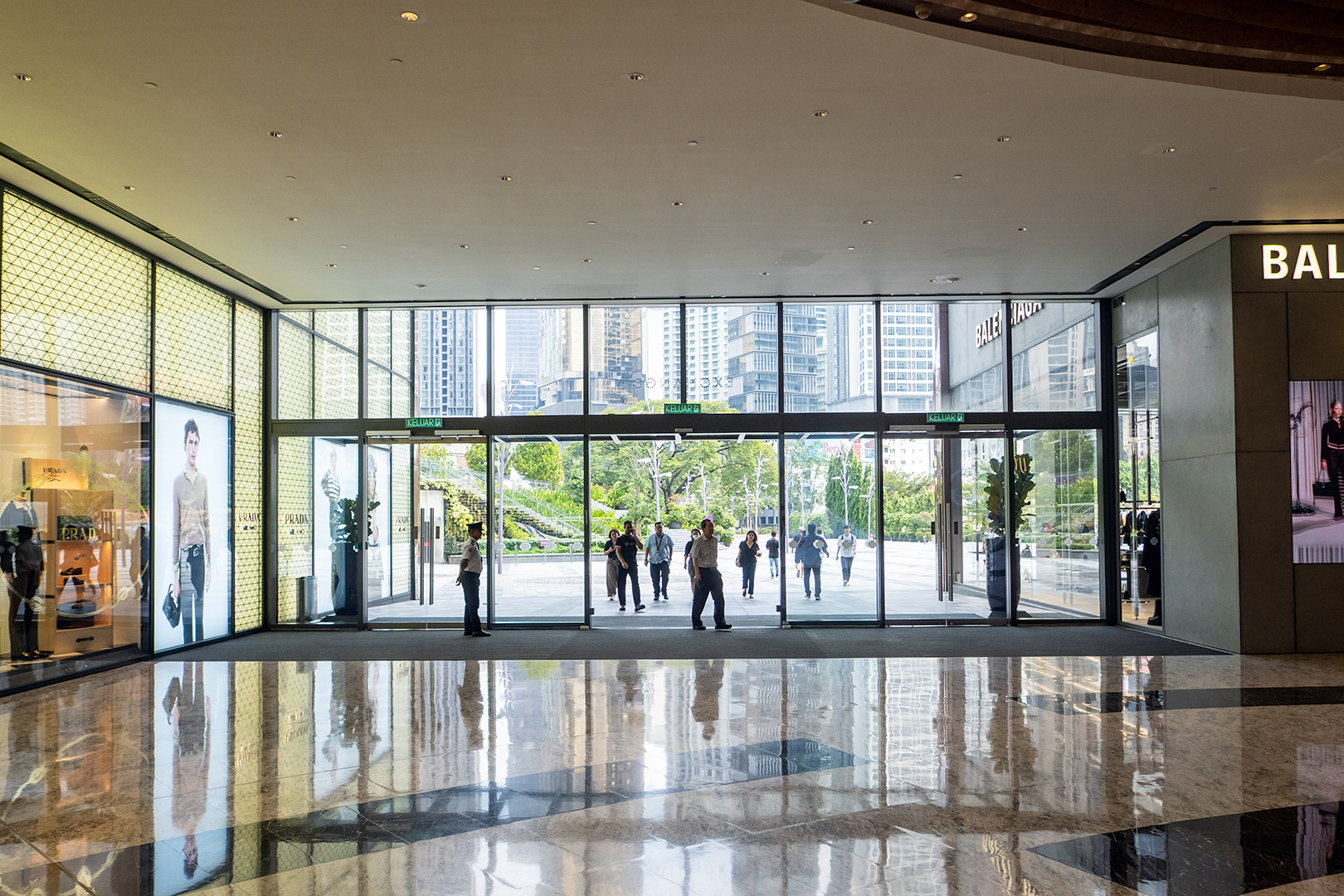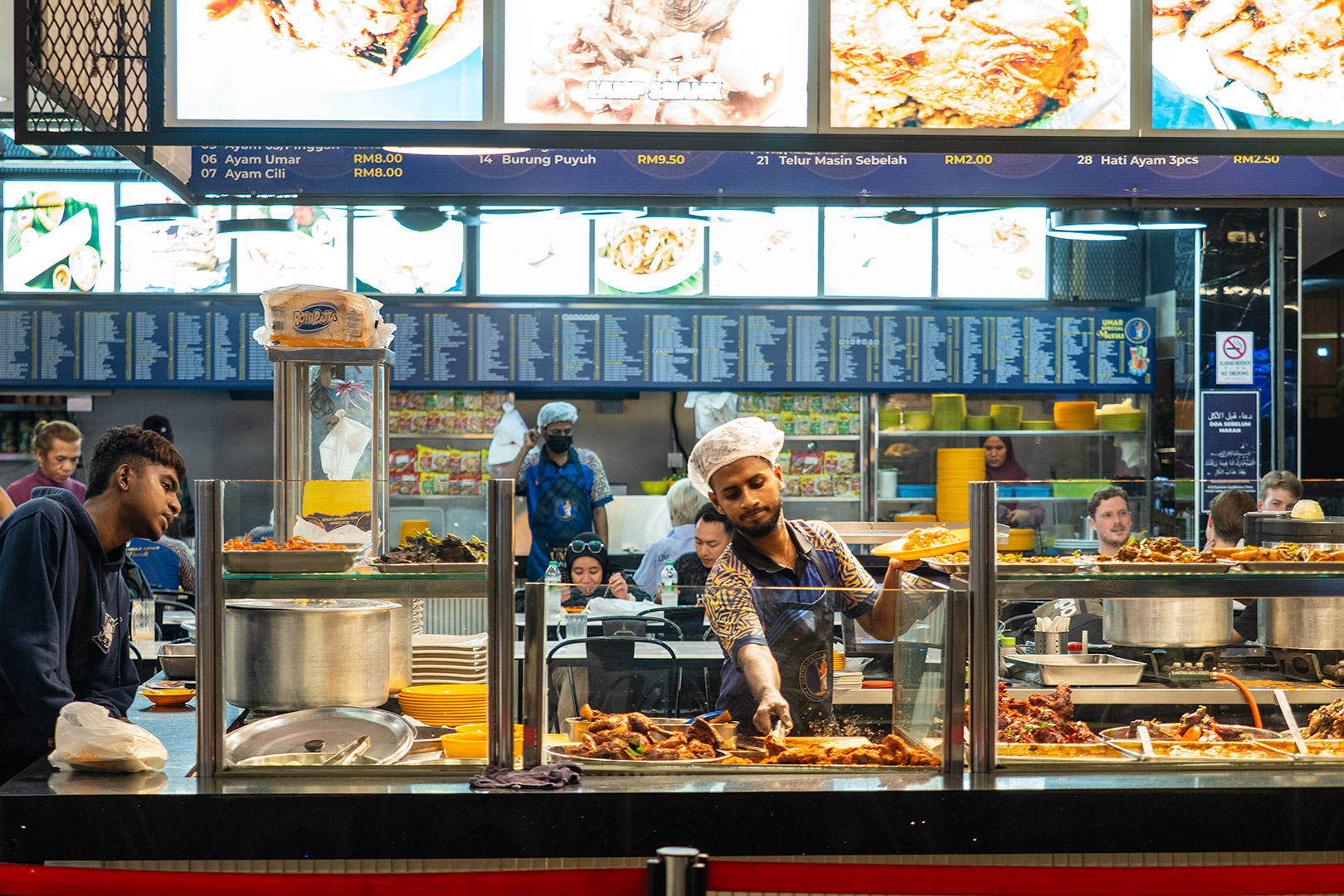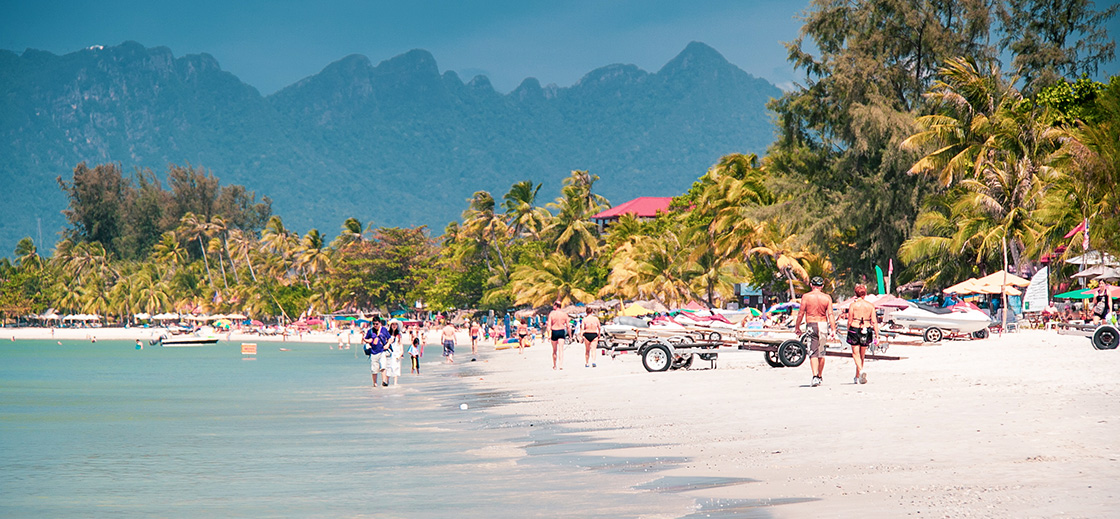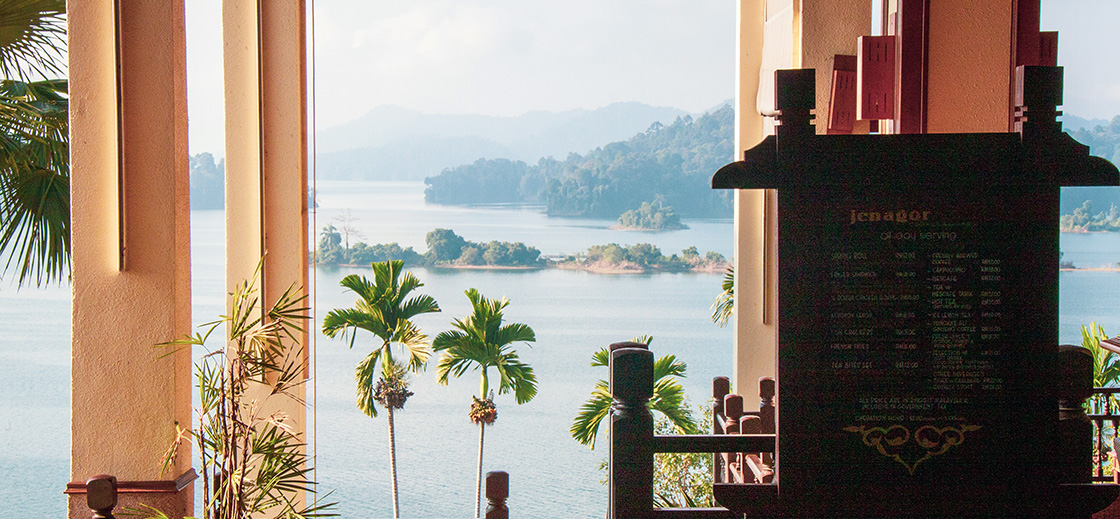Are you planning a move to Malaysia for career opportunities, lifestyle, or family reasons? There are essential things you should know before settling in. This includes obtaining work permits, understanding local cultural norms, and selecting the ideal city in which to live. In this article, we will cover essential information expats should know when moving to Malaysia.
Why Malaysia is a top destination for expats
According to a recent survey by InterNations, Malaysia ranks 10th among the best countries for expats in 2025. It offers affordable living, an English-friendly environment, and a warm tropical climate, making it an ideal choice for both professionals and families. Here’s what you should know:
- Lifestyle: Expats enjoy a balance of modern city living in Kuala Lumpur, seaside relaxation in Penang, and historical charm in Malacca. The country also offers world-class shopping malls, vibrant nightlife, and easy access to nature, from rainforests to beaches.
- Affordability: Compared to many Western countries, the cost of living in Malaysia is significantly lower. Housing, transportation, and food are all relatively inexpensive, which allows expats to enjoy a higher standard of living.
- Culture: Malaysia is home to a diverse mix of Malay, Chinese, and Indian communities, offering a rich cultural experience. There are also various festivals, cuisines, and traditions, offering expats endless opportunities to explore.

Before you arrive in Malaysia
Relocating to a new country requires careful planning and consideration. For Malaysia, you need to focus on securing legal work status, selecting the right city, and preparing financially. You also have to understand the cultural requirements to make your relocation easier. Here are some things you must know:
Secure a job offer
Unlike some countries where you can arrive and then look for work, Malaysia requires expats to secure a job offer before applying for a work visa. Your future employer plays an essential role in this process, as they are responsible for sponsoring your Employment Pass application.
Only companies registered and approved by the Expatriate Services Division (ESD) can hire foreign workers.
Understanding the Employment Pass
To legally work in Malaysia, you must obtain an Employment Pass (EP), which is tied to a specific job and employer. The pass allows you to live and work in the country for the duration of your contract.
There are different categories of EPs depending on your salary, job role, and contract length. Typically, they are valid for 1–5 years and renewable as long as your employment continues.
Employers are responsible for handling the application process, which can take several weeks to complete and receive approval. Ensure your documents are ready well in advance of your intended start date.
For an in-depth look at permits and requirements, this guide on foreigners working in Malaysia provides a clear explanation of the process and offers practical tips.

Choosing the right city
Malaysia offers several attractive options for expats, each with its own unique advantages:
- Kuala Lumpur (KL): The capital city is the financial and business hub of Malaysia. It’s modern, fast-paced, and home to many multinational companies. KL is ideal if you want international schools, luxury housing, and a cosmopolitan lifestyle.
- Penang: Known for its laid-back atmosphere, street food culture, and historic charm, Penang appeals to expats who want a mix of city life and coastal living. Its capital, George Town, is a UNESCO World Heritage Site.
- Malacca: A smaller, quieter city with a rich colonial history, Malacca is perfect for those who prefer a slower pace of life. It’s more affordable than KL or Penang and offers a strong sense of community.
Each city offers something different, so consider your lifestyle preferences, family needs, and career opportunities when making your choice.
Working in Malaysia: What expats need to know
In Malaysia, workplaces are influenced by the country’s cultural diversity, business customs, and legal framework. Relocating and working in Malaysia can be challenging if you don’t understand these key elements. Here are some things you should know to avoid misunderstanding at work:
Cultural nuances in the workplace
Malaysia has a dynamic workforce with workers from Malay, Chinese, and Indian cultures. It also often follows a hierarchical structure. For example, in most workplaces, it’s common to show deference to senior staff and managers. Titles such as Datuk or Tan Sri are used formally, and addressing colleagues politely is appreciated. There’s also a strong preference for teamwork and subtle communication to avoid conflict. Many companies accommodate religious practices. For instance, Muslim colleagues may take breaks for daily prayers or observe shorter hours during Ramadan. It’s essential to respect these customs.
Language in business
While English is widely used in corporate Malaysia, Bahasa Malaysia (Malay) is the national language and is often used in government and local businesses. However, documents and official processes may require Malay translations in a corporate setting. Having some knowledge of Malay phrases can also help you connect with colleagues and clients and engage in daily interactions outside work more effectively.
Working hours, leave & benefits
Expats working in Malaysia are covered by the Employment Act 1955, though the exact terms depend on your contract and job category. Most offices operate Monday to Friday, 9:00 AM – 5:00 PM. Some companies may also require half-days on Saturdays, but this is less common in modern firms. Malaysia observes numerous national and state-level holidays. Expats can expect around 10–15 days of public holidays each year. Employees are generally entitled to 8–16 days of paid leave per year, depending on their years of service. Sick leave entitlement ranges from 14 to 22 days per year, and hospitalisation leave can extend up to 60 days.
Living in Malaysia as an Expat
Expats often find that Malaysia offers an affordable and comfortable standard of living, with easy access to international amenities and conveniences.
Cost of Living
- Housing: Rent is much lower than in London, Sydney, or New York. A modern city-centre apartment in Kuala Lumpur can cost 50–70% less than in Western capitals.
- Food: Dining out is inexpensive. Local meals can cost just a few dollars, while even upscale restaurants are more affordable than their Western counterparts.
- Utilities & Services: Internet, electricity, and mobile data are reasonably priced, making daily life cost-effective.
- Healthcare: Malaysia offers high-quality private healthcare at a fraction of the cost of Western prices, which is why medical tourism is popular here.
Housing & expat communities
Malaysia offers a variety of housing options, like luxury high-rise apartments in Kuala Lumpur and heritage homes in Penang. Kuala Lumpur has popular expat neighbourhoods, including Mont Kiara, Bangsar, and the KLCC area. In Penang, expats often settle in George Town or Tanjung Bungah.
Transportation & connectivity
Getting around Malaysia is relatively straightforward, especially in major cities. In Kuala Lumpur, you can move around using MRT, LRT, and monorail systems. Buses and taxis are also widely available across the country.
Taxes
Paying taxes is one of the essential steps for expats living and working in Malaysia to avoid fines or visa complications. All expatriates working in Malaysia are required to register with the Inland Revenue Board (LHDN) shortly after starting employment. Your employer will typically help with the process by deducting monthly taxes (known as PCB – Potongan Cukai Bulanan).
Malaysia has a progressive tax system, and your residency status determines the amount you pay.
Pros and Cons of Living in Malaysia
Like any expat destination, Malaysia has its ups and downs.
Pros:
- Affordable cost of living
- English widely spoken
- Diverse cultural experience
- Excellent healthcare
- Strategic location in Southeast Asia
Cons:
- Traffic congestion in major cities
- Hot and humid climate year-round
- Bureaucracy in visa and permit processes
- Limited political transparency compared to Western countries
Best places to live in Malaysia for expats
Expats are drawn to different cities based on lifestyle and work opportunities:
- Kuala Lumpur (KL)
- Penang
- Malacca
- Johor Bahru (JB)
Start your Malaysian journey today
Living and working in Malaysia offers the opportunity to experience a vibrant culture and enjoy an affordable lifestyle. But beyond work, there’s an entire country waiting to be discovered. Ready to experience it all?




